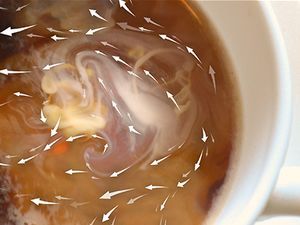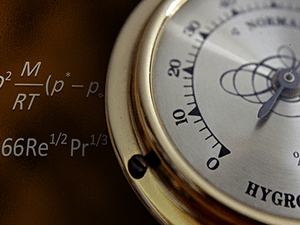The transport of mass, momentum and energy are key aspects of nature and in our daily life. These phenomena are therefore the cornerstone of almost all (if not all) process industries, from traditional mechanical and chemical engineering through state-of-the-art or future energy industries such as semiconductor production or wind-turbine manufacture. Anyone embarking on a career in these industries, will have to be adept at:
- recognizing the fundamental elements in existing industry processes
- analyzing these processes in a mathematical way
- improving these processes by redesigning them
This program offers the chance for the participant to understand the fundamental transport processes, learn how to model these processes and apply the knowledge gained from this modeling to new examples/cases.
The program starts by demonstrating the role of balance equations in capturing a dynamic transport process. Subsequently, macro-scale processes are analyzed and modeled using the balance equations. Examples are drawn from mass transport, heat transfer and momentum transfer. Following this, a new type of balance equation, called micro-balance, is introduced to cover the most fundamental laws of transport phenomena. The program will also include many case studies of applications of these methods in various industries, including a heat exchanger in chemical process industry, and, dissolution time of a tablet in water from the pharmaceutical industry.
The content taught in this program is structured in a particular way so that:
- the physical example or principle is taught first
- it is then converted to a mathematical formulation
- the mathematical equation is solved
- the physical significance of the result is interpreted from the solution.
The learner will benefit because of the dual perspective of the program: learning the fundamentals as well as making practical applications. In both the academic world and in industry, mastering one aspect is not enough, as it is usually necessary to model both fundamentals and applications.




